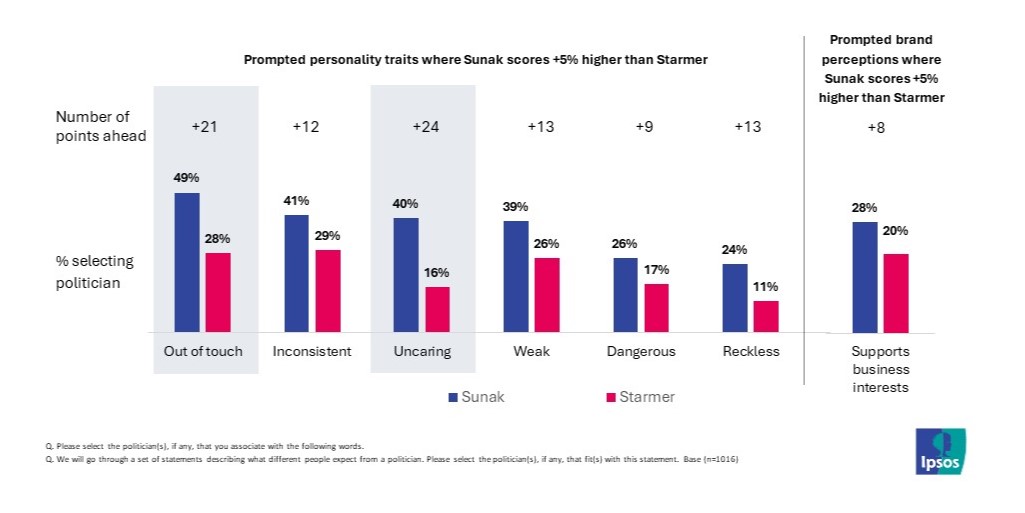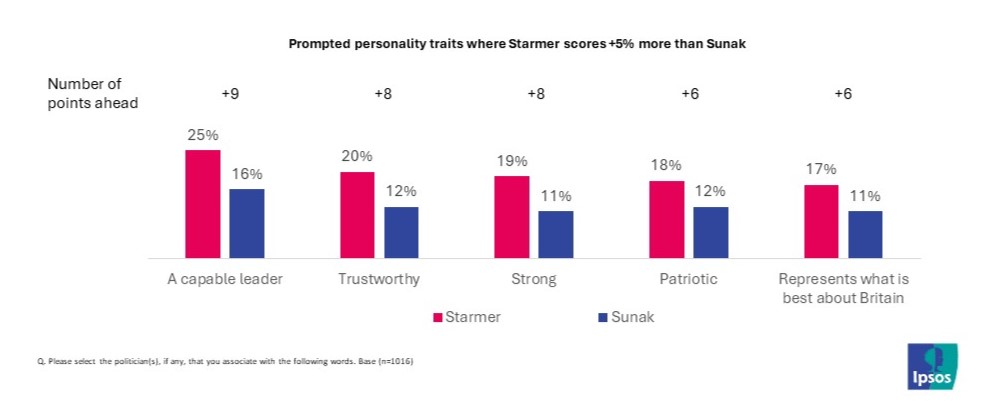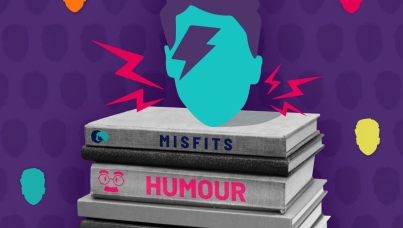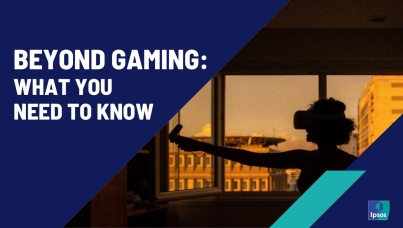Brand Starmer vs. Sunak
In the ever-evolving theatre of politics, where perception reigns supreme, politicians can be seen as brands vying for the public's attention and, ultimately, their vote. Just as consumers navigate a marketplace teeming with products, the electorate grapples with a constellation of political figures, each projecting an image, selection of promises, and a set of values.
As the Labour poll lead over the Conservatives has held reasonably firm throughout the election campaign, the Ipsos’ Brand Success Framework provides a compelling lens through which to dissect the public image of these political brands. How do Brand Sunak and Brand Starmer measure up against the three pillars of the framework: Shaping Expectations, In Context, and with Empathy?
Key findings:
Brand Sunak has more than twice as many negative associations than positive and is particularly associated with looking after the rich. Brand Sunak is more likely than brand Starmer to be selected for traits that indicate a lack of empathy such as being out of touch and uncaring.

By comparison associations with brand Starmer are more balanced. Brand Starmer is differentiated from brand Sunak on being ethical, but also boring. Starmer scores higher than Sunak on being a capable leader, trustworthy, strong, patriotic and representing what is best about Britain. Yet, Starmer’s personality strengths are outweighed by Sunak’s negatives. Brand Starmer is benefiting from low expectations of brand Sunak.

- Context is key to staying relevant as a brand. Brand Starmer is better positioned against the current UK context, with greater expectations for improvements. The greatest gaps between the two brands are on improving public services, enabling ordinary people to improve their lives and reducing inequality. However, expectations are also shaped by our experience of a brand. If Starmer wins, he will need to walk the talk.
- Empathy is an opportunity for brand growth. We found Empathy was the most important factor in predicting party voting intention for the 2024 UK general election. Labour are tapping into Empathy more successfully than the Conservatives.
- Your entire history as a brand matters, even today. Re-shaping brand expectations is entirely possible, but when evolving it is important to be coherent. People have long memories! For instance, the largest association with Tony Blair is 'makes country go to war' despite the Iraq war being two decades ago. Similarly, Margaret Thatcher is associated with 'milk snatcher' even though Thatcher’s department stopped the provision of milk in junior schools 8 years before she became Prime Minister.
Brand Talk: Examining candidates as brands
The latest episode of Brand Talk focusses on the upcoming elections in the UK and the US. Chris and Hazel are joined by Keiran Pedley (Director of Politics in the UK, Ipsos) for a discussion of the successes and failures of British and American politicians and parties when measured against the key elements of our framework: Empathy, Context, and Expectations.
Discover our analysis for MediaCat
Technical note
Ipsos interviewed a representative quota sample of 2,031 adults aged 18-75 across GB. The survey was carried out using the Ipsos online i:omnibus from 29th – 30th April 2024.
Data has been weighted to the known offline population proportions for age and working status within gender, as well as government office region, social grade, and education.
Quotas and weights sources: Gender x age, Region, Working status x gender, Education (graduates vs non graduates) - Office for National Statistics, annual population survey filtered 18-75, October 2022-September 2023
Social grade - RAJAR reporting period 2023 Q3
With our Brand Mental Network model, we capture associations through asking open ended questions, meaning it is the respondent that drives the outputs. Respondents can speak and write as much as they like, in their own words. We then use an analytical model to quantify themes and prominent mentions as well as determining which of these are unique vs shared with other brands.





